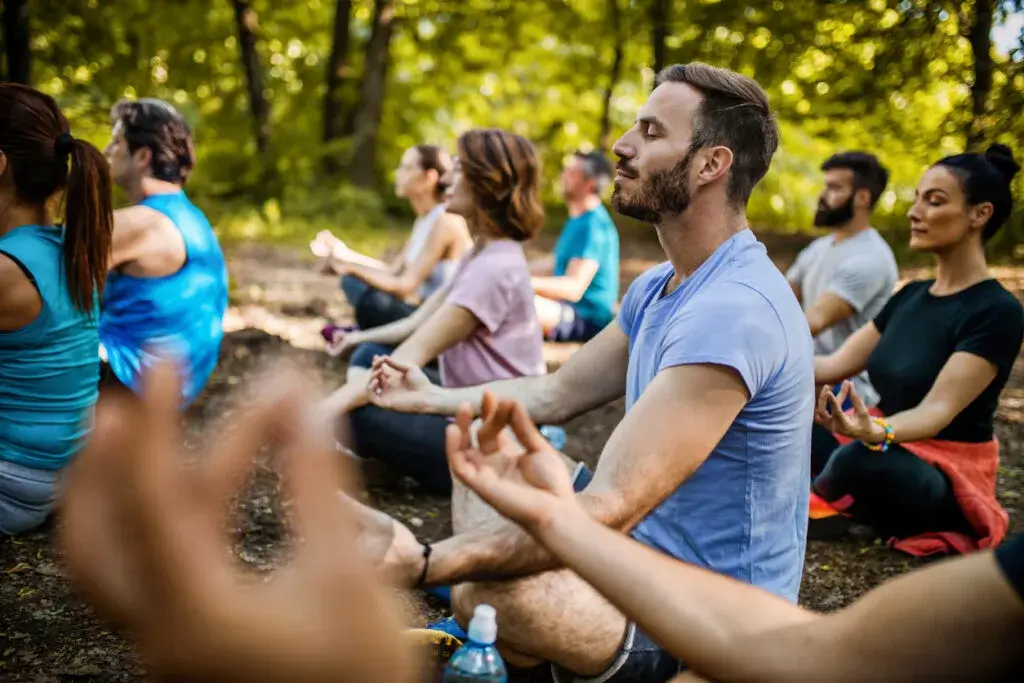-
Modalities
-
-
Drug rehab centers are specialized facilities aimed at helping people overcome their addiction to drugs and alcohol.

People grappling with substance use disorders often find themselves trapped in a vicious cycle where substances are used to cope with underlying psychological distress. This is also known as dual diagnosis.
This struggle amplifies the severity of mental health conditions, leading to:
For people with severe substance dependencies, medical detoxification may be necessary to safely manage withdrawal symptoms. Comprehensive drug rehab centers offer supervised detox programs. There’s a team of experts to help patients through this challenging phase.
This aims to address both addiction and mental health disorders at the same time. The goal is to provide a more comprehensive healing process.
The importance of fine-tuned strategies cannot be overstated. For instance, addressing alcohol addiction takes different approaches than those used for substances like fentanyl.

If you or a loved one is seeking help on the journey to recovery, we encourage you to reach out to us at South Shore Recovery Center.
As the Medical Director at New England Psychiatric Consultants, I’m dedicated to elevating mental health care through compassionate, evidence-based practices. With a robust clinical background and leadership experience, I work closely with multidisciplinary teams to design and deliver comprehensive outpatient and consultative psychiatric services. I’m passionate about championing innovative treatment approaches and optimizing patient journeys from assessment through recovery.
Key Expertise & Achievements
Leadership in clinical operations, quality assurance, and regulatory compliance
Implementation of integrated care models that enhance patient access and outcomes
Expertise across mood disorders, anxiety, and serious mental illness
Advanced training in psychopharmacology, psychotherapy, and collaborative care strategies
Professional Approach
Driven by empathy, teamwork, and data-informed decisions, I strive to foster environments where clinicians and patients alike feel supported. Whether guiding team development, streamlining care pathways, or navigating complex cases, I take a thoughtful, solution-oriented stance.